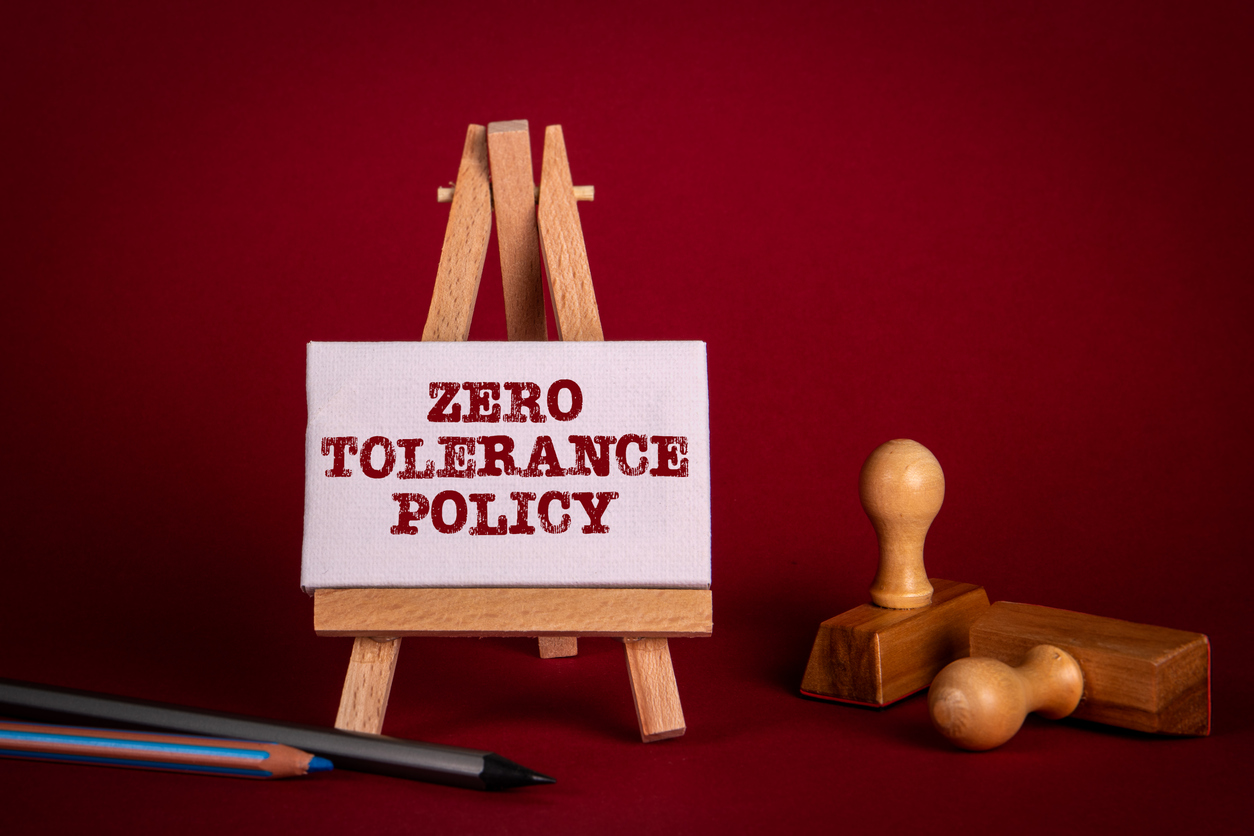Who is Considered a Juvenile in Texas?
Under Texas law, anyone who commits a crime and is 17 years or younger may have their case determined in a juvenile court. Texas has completely separate courts, judges, and detention facilities for juveniles. However, depending on the case, a juvenile can be subjected to the adult criminal system.
If you’re the parent of a juvenile facing arrest and a possible conviction for a crime, you may have questions about how their trial will proceed and what will happen if convicted. Sentencing of juvenile crimes depends on the severity of the crime and the offender’s previous criminal history. Consult skilled Criminal defense lawyers in New Braunfels for legal counsel.
How Does the Juvenile Justice System Work?
The juvenile justice system is more accommodating when dealing with youthful offenders, given that it seeks to rehabilitate the offender and redirect them onto the right path to protect their future. So, the legal procedures used in the system differ from those used in the adult criminal system, as juvenile attorneys in New Braunfels explain:
Arrest
Law enforcement officers can take a juvenile to custody if they have probable cause to believe the juvenile violated criminal law, engaged in delinquent conduct, or violated a court-ordered condition of probation. The conduct must indicate the need for supervision.
Section 51.03(b) defines juvenile conduct that needs supervision as behavior that includes:
- Committing fine-only misdemeanors
- Violating the penal ordinances
- Voluntary absence from home without the parent’s consent
- Huffing paint fumes or vapors
- Committing child prostitution
- Violation of a school district’s written standards of student conduct
The law doesn’t require an arresting officer to obtain an arrest warrant like in the adult criminal system. However, an officer may obtain a Directive to Apprehend, similar to an adult arrest warrant. The Directive contains the probable cause to believe the juvenile engaged in the alleged crime if the juvenile is to be arrested in another state.
Detention
After a juvenile is arrested, they must be delivered directly to a juvenile processing officer without delay, and the parent must be notified of the arrest and reasons. A court or magistrate must schedule a detention hearing to assess whether to release or detain the juvenile in a facility until they are presented in court.
The detention hearing must happen within 48 hours after the juvenile is taken into custody. The court or magistrate has the discretion to make the detention decision since juvenile courts and the Family Code do not have a juvenile bail system.
Juvenile attorneys continue to explain that juvenile offenders must be removed from detention unless the court finds that:
- The offender is likely to abscond or be removed from the court’s jurisdiction
- The parent, guardian, custodian, or other person is not able to provide suitable supervision, care, or provision
- The juvenile has no parent, custodian, or guardian to return them to court when required
- The juvenile may be a threat to themselves or society
- The juvenile has previously been found to be delinquent, is likely to commit an offense if released, or previously committed a penal offense punishable by a jail term.
If the juvenile is detained, a hearing must occur every ten days to determine whether the detention is warranted. Skilled juvenile lawyers in New Braunfels can fight to have your child released from detention while awaiting the final case determination.
Potential Sentencing
The juvenile justice system aims to rehabilitate offenders, not punish them for the crimes they commit. Judges adjudicate cases, and sentencing is based on the delinquent conduct, not because the offender was found guilty of a crime.
Juvenile attorneys in New Braunfels describe delinquent conduct as any behavior that breaks the law, excluding traffic offenses. The sentencing depends on factors such as the severity of the crime, past criminal history, and other factors. Under the First Offender program, a juvenile offender may be subjected to:
- Community service
- Counseling
- Victim restitution
A juvenile offender could also receive deferred prosecution, an alternative to formal adjudication. It refers to a period of probation that is typically six months long. Under the guidance of skilled New Braunfels juvenile lawyers, a juvenile may also plead true or not true to delinquent conduct. Pleading true may lead to sentencing to a juvenile detention center.
When Can a Juvenile Offender Be Treated as an Adult?
Juvenile offenders can be treated as adult offenders for serious crimes such as those involving violence. Depending on the case specifics, it is often at the prosecution’s discretion to try a juvenile as an adult. Every county has a juvenile prosecuting attorney.
What Rights Do Juvenile Offenders Have?
Juvenile offenders have the same rights as adult offenders, with special considerations under some circumstances. For example, a juvenile has the right to notify their parent or guardian of the arrest and detention. If the parent can’t be located, the court must appoint a guardian to attend the detention hearing on behalf of the child’s parent.
A juvenile also has the right to:
- Know the charges against them
- Representation by juvenile attorneys in New Braunfels at all stages of their case
- Cross-examine witnesses
- Remain silent so as not to incriminate themselves
A Skilled Juvenile Attorney Helping You Navigate the Juvenile Justice System
The juvenile justice system has a different framework from the adult criminal system. Its aim is to rehabilitate young offenders instead of punishing them. The adult criminal system courts are formal, while juvenile courts are less formal. However, various legal nuances require working with skilled juvenile attorneys in New Braunfels for the most favorable outcome.
Seymour & Vaughn has skilled criminal defense lawyers who can represent your child facing juvenile offense charges. We know how scary the process can be for you and your child, and we’re dedicated to fighting for your child’s rights and future. Call us at 830-282-8751 for a FREE consultation.








